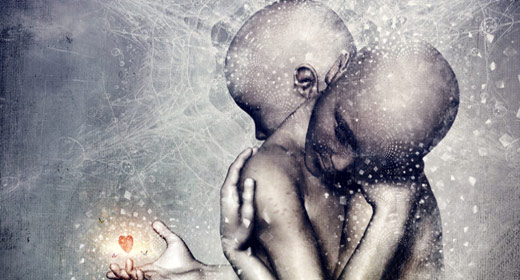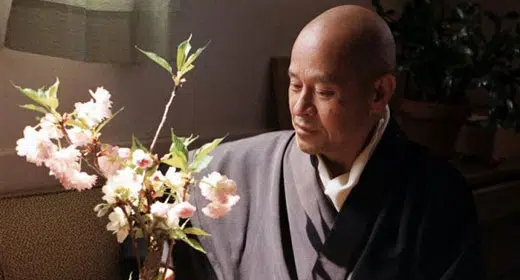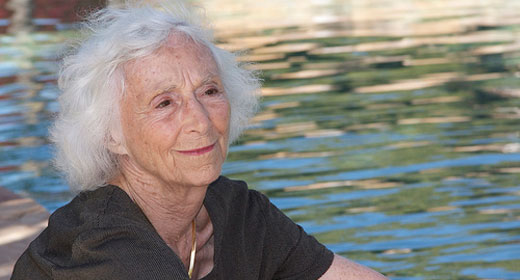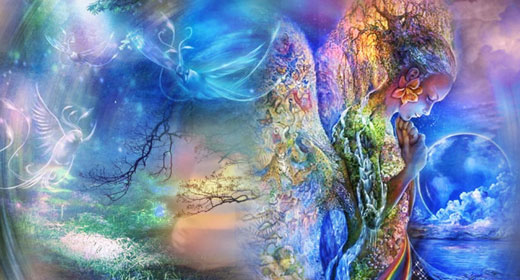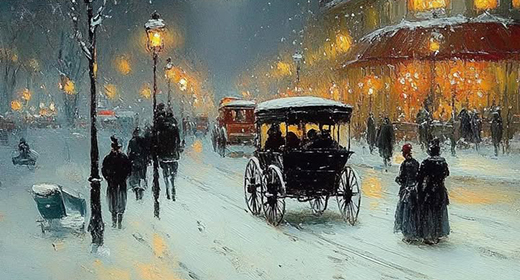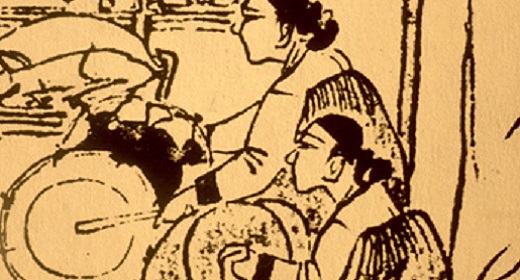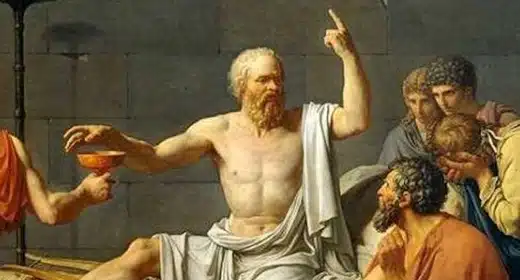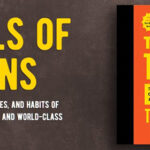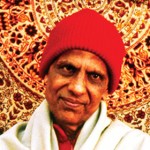Jiddu Krishnamurti lived from 1895 to 1986, and is regarded as one of the greatest philosophical and spiritual figures of the twentieth century…
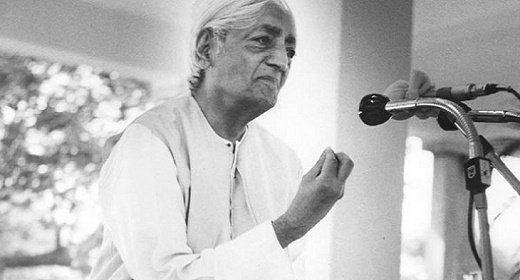
Krishnamurti claimed no allegiance to any caste, nationality or religion and was bound by no tradition. His purpose was to set humankind unconditionally free from the destructive limitations of conditioned mind. For nearly sixty years he traveled the world and spoke spontaneously to large audiences until the end of his life in 1986 at the age of ninety.
Krishnamurti On Relationship
An excerpt from The First and Last Freedom
If there is real relationship between two people, which means there is communion between them, then the implications are enormous. Then there is no isolation; there is love and not responsibility or duty. It is the people who are isolated behind their walls who talk about duty and responsibility. A man who loves does not talk about responsibility, he loves. Therefore he shares with another his joy, his sorrow, his money.
Are your families such? Is there direct communion with your wife, your children? Obviously not. Therefore the family is merely an excuse to continue your name or tradition, to give you what you want, sexually or psychologically, so the family becomes a means of self-perpetuation, of carrying on your name. That is one kind of immortality, one kind of permanency. The family is also used as a means of gratification. I exploit others ruthlessly in the outside, and at home I try to be kind and generous. How absurd! Or the world is too much for me, I want peace and I go home. I suffer in the world and I go home and try to find comfort. So I use relationship as a means of gratification, which means I do not want to be disturbed by my relationship.
Thus relationship is sought where there is mutual satisfaction, gratification; when you do not find that satisfaction you change relationship; either divorce or else you move from one relationship to another until you find what you seek, which is satisfaction, gratification, a sense of self-protection and comfort… Relationship is sought where there can be security, where you as an individual can live in a state of security, in a state of gratification, in a state of ignorance, all of which creates conflict, does it not? If you do not satisfy me and I am seeking satisfaction, naturally there must be conflict, because we are both seeking security in each other; when that security becomes uncertain you become jealous, you become violent, you become possessive and so on. So relationship invariably results in possession, in condemnation, in self-assertive demands for security, for comfort and for gratification, and in that there is naturally no love.
We talk about love, we talk about responsibility, duty, but there is really no love; relationship is based on gratification, the effect of which we see in the present civilization. The way we treat our wives, our children, neighbors, friends, is an indication that in our relationship there is really no love at all. It is merely a mutual search for gratification. As this is so, what then is the purpose of relationship? What is its ultimate significance?
If you observe yourself in relationship with others, do you not find that relationship is a process of self-revelation? Does not my contact with you reveal my own state of being if I am aware, if I am alert enough to be conscious of my own reaction in relationship? Relationship is really a process of self-revelation, which is a process of self-knowledge; in that revelation there are many unpleasant things, disquieting, uncomfortable thoughts, activities. Since I do not like what I discover, I run away from relationship…
Therefore, relationship has very little significance when we are merely seeking mutual gratification but becomes extraordinarily significant when it is a means of self-revelation and self-knowledge. After all, there is no relationship in love, is there? It is only when you love something and expect a return of your love that there is a relationship. When you love, that is when you give yourself over to something entirely, wholly, then there is no relationship.
If you do love, if there is such a love, then it is a marvelous thing. In such love there is no friction, there is not the one and the other, there is complete unity. It is a state of integration, of complete being. There are such moments, such rare, happy, joyous moments, when there is complete love, complete communion. What generally happens is that love is not what is important but the other, the object of love becomes important; the one to whom love is given becomes important and not the love itself.
Then the object of love, for various reasons, either biological, verbal or because of a desire for gratification, comfort and so on, becomes important and love recedes. Then possession, jealousy and demands create conflict and love recedes further and further…
Relationship is self-revelation; it is because we do not want to be revealed to ourselves that we hide in comfort, and then relationship loses it extraordinary depth, significance and beauty. There can be true relationship only when there is love, but love is not the search for gratification. Love exists only when there is self-forgetfulness, where there is complete communion, not between one or two, but communion with the highest; and that can only take place when the self is forgotten.

